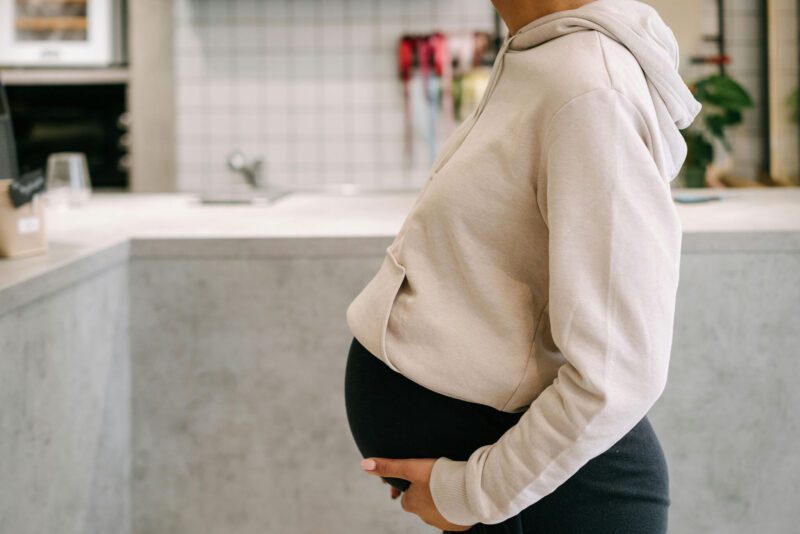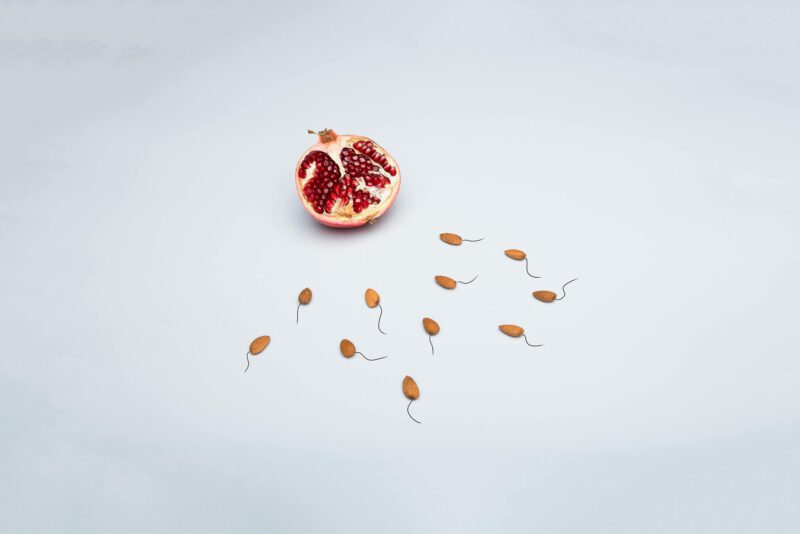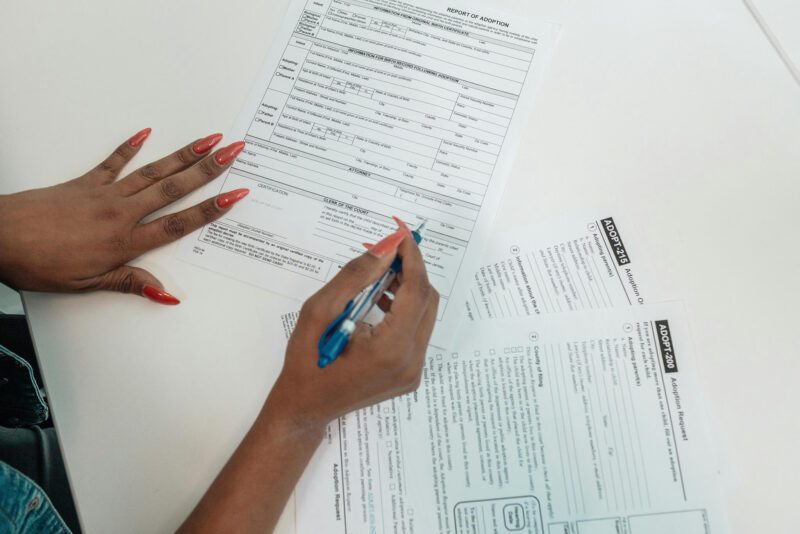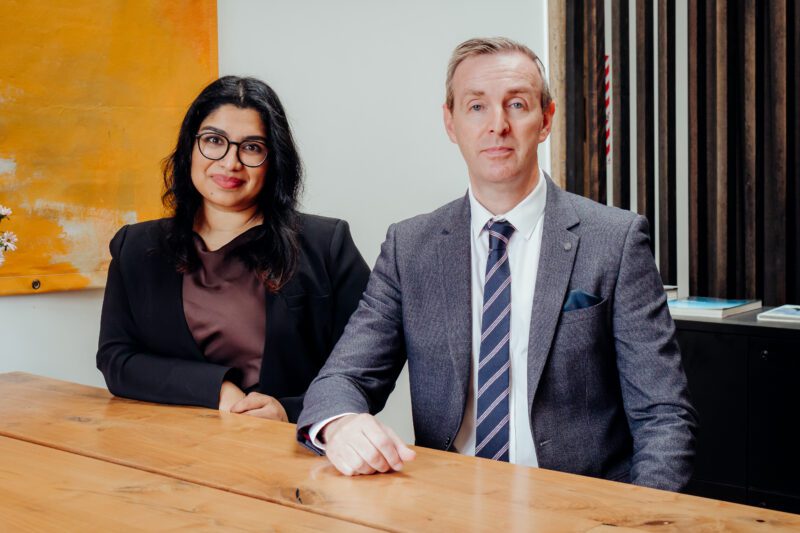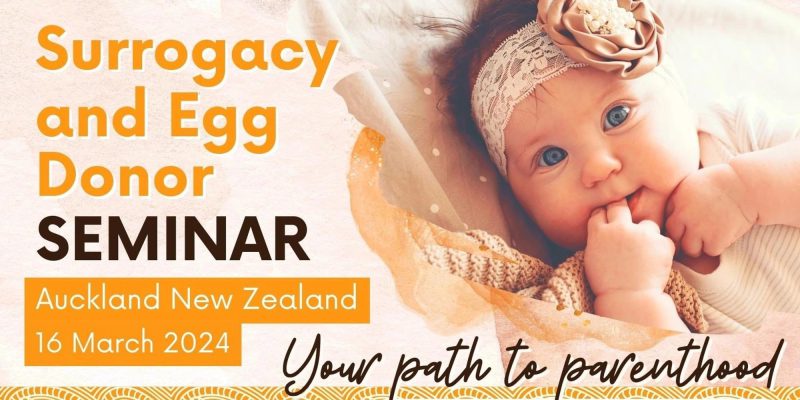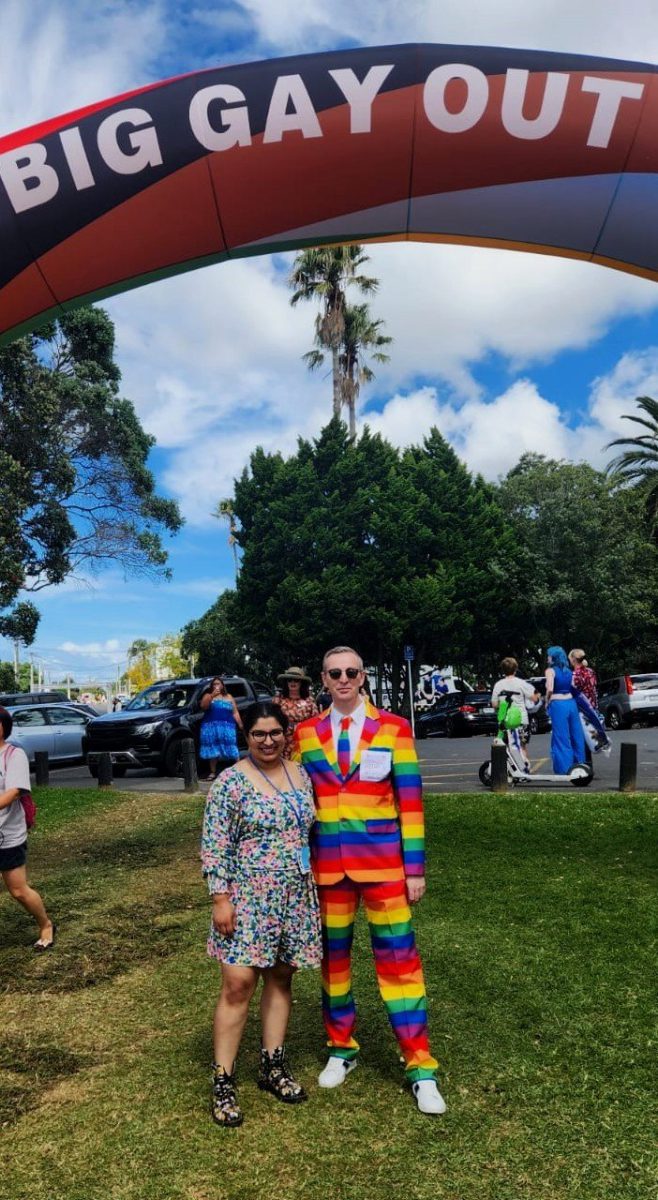3000th donor-conceived child’s record added to HART register

The Human Assisted Reproduction Technologies – or HART – registry reached a significant milestone with notification of the 3000th birth of a donor-conceived child.
The register of donors is a register of donors only where a child has been born. It is not a publicly available register or a list of donors available for donation.
The purpose of the register is to help people who are donor-conceived connect with their donors, and for donors of sperm, eggs, or embryos, to get information about genetic offspring.
There are now also 1,300 egg donors and 1,800 sperm donors recorded. The registry is managed by the Births, Deaths and Marriages (BDM) team at Te Tari Taiwhenua Department of Internal Affairs.
Since 2005 fertility clinics have been required to register information with BDM after a child is born following the donation of sperm, egg or embryos at the clinic. Information is recorded about the child, their parents and the sperm or egg donor.
Those donor-conceived prior to 2005 as well as sperm and egg donors who donated to a fertility clinic prior to 2005 can also voluntarily register their information with the clinic they used or by contacting BDM on 0800 22 52 52, or bdm.nz@dia.govt.nz.
Numbers on the voluntary register are much lower than the mandatory register, with currently 29 donor-conceived people and 28 donors registered.
Following lobbying by D&S Law and others, BDM will now be releasing annual statistics on registrations to help raise awareness of the register. See here for the latest statistics: https://www.dia.govt.nz/hart-register-statistics
It is important for those on the register to keep their contact information up to date if the register is to achieve its objectives.
Donor-conceived people can access information from the Fertility Clinic or the Registrar-General when they turn 18. Their parents/guardians can access the information before that time on their behalf. Alternatively, they can seek out a Family Court to approve access to their information if they are underage.
